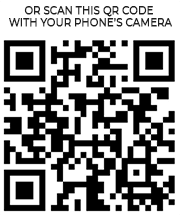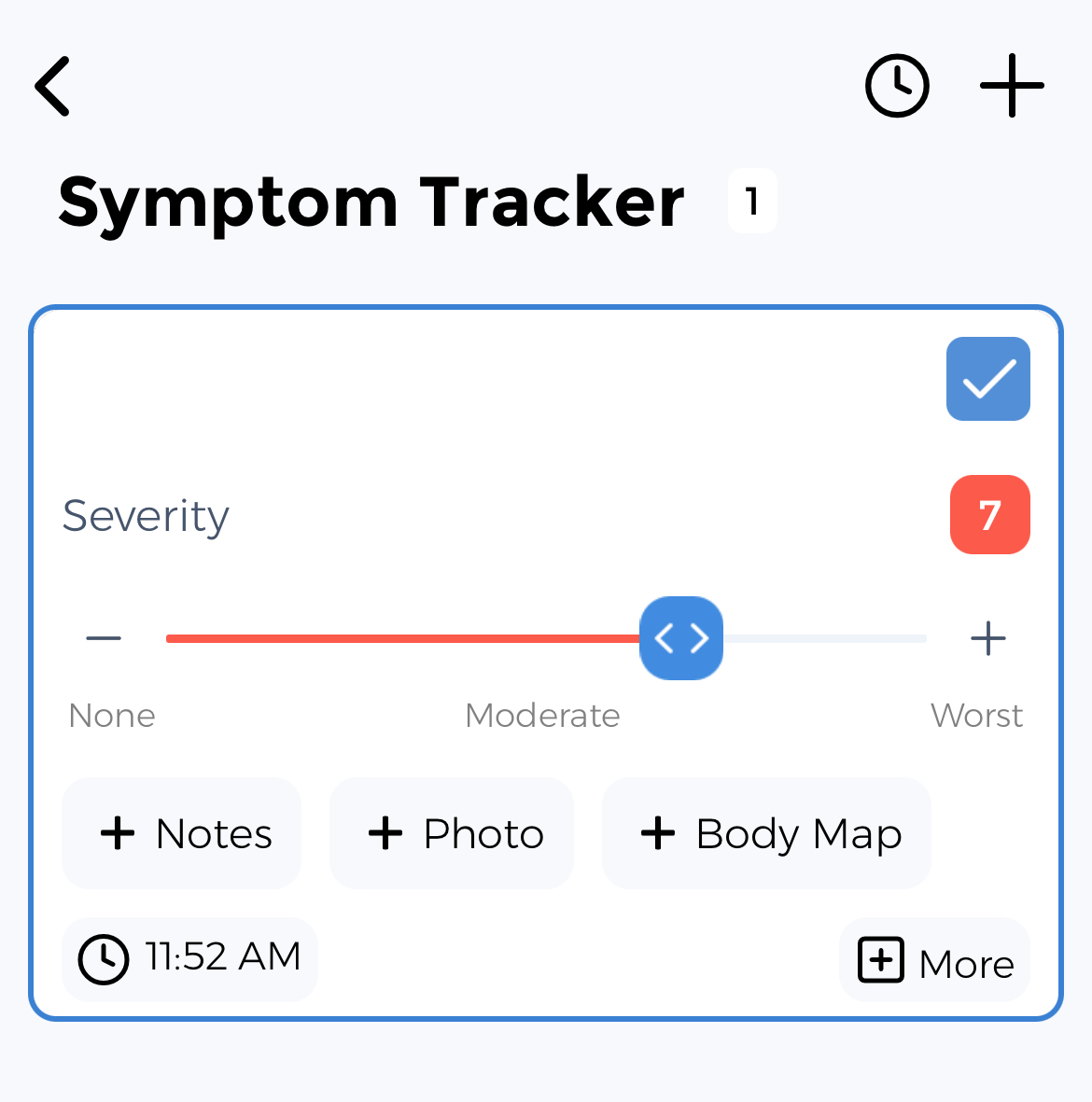Contractures Symptom Tracker: Your Health Assistant
Living with Contractures means dealing with limited joint movement, joint deformity, pain with movement, and more. But here's the truth: Data is your most powerful tool. Every logged symptom reveals patterns—so you can take informed action.
Contractures are permanent shortenings of muscles, tendons, or other tissues that cause joint deformity and restricted movement. They can result from prolonged immobilization, neurological conditions, burns, or connective tissue disorders. Tracking range of motion, stretching routines, and functional abilities helps monitor progress and optimize management strategies.
Key Contractures Symptoms You Should Track
Struggling with symptoms like these? Tracking them reveals patterns, triggers, and how they impact your daily life.
Limited joint movement
Joint deformity
Pain with movement
Muscle tightness
Abnormal posture
Difficulty with daily activities
Reduced functional independence
Skin changes over joint
Muscle weakness
Joint stiffness
Track Your Contractures Treatments
Tracking how these common treatments affect your symptoms can help you and your healthcare provider optimize your care plan:
Our tracker helps you monitor when you take medications and how they affect your symptoms over time.
Standardized Contractures Assessments
Complete these evidence-based assessments in the App to measure your severity and monitor your progress:
⚡ Knowledge Is Your Superpower
The difference between feeling overwhelmed by Contractures and feeling in control starts with data. When you track your symptoms, you transform uncertainty into clarity. Every data point brings you closer to understanding your unique patterns.
It's free to try for anyone—whether you're managing your own condition, supporting a child, helping an aging parent, or assisting a partner. Our tracker adapts to your specific role in the health journey.
How the CareClinic Contractures Symptom Tracker Adapts to Your Needs
Adults
Caregivers
Parents of Children
Young Adults
Your Complete Contractures Management Toolkit
Uncover Patterns & Insights
Map your Contractures symptoms like a detective solving a case.
Understand Your Medication's Impact
Turn guesswork into strategy. See how treatments affect your well-being with clear health insights.
Objectively Measure Your Progress
Use clinically validated tools to objectively measure your progress.
Other Tools You May Like...
Plus 4 more specialized tracking tools available
Access All Tracking ToolsAlso Supports Other Conditions Like
Rheumatoid Arthritis Tracker
Rheumatoid Arthritis warriors use our tracker to monitor joint pain, joint swelling.
Cerebral Palsy Tracker
Cerebral Palsy warriors use our tracker to monitor muscle stiffness, spasticity.
Dupuytren's Contracture Tracker
Dupuytren's Contracture warriors use our tracker to monitor nodules in palm, cords of tissue under skin.
Frozen Shoulder Tracker
Frozen Shoulder warriors use our tracker to monitor shoulder pain, limited range of motion.
Success Stories from Our Community
"The combination of the therapy compliance tracker and skin condition tracker gave me insights I couldn't get from my doctor. When traditional approaches weren't enough, but the tracker helped me managed to reduce my medication with my doctor's guidance."
"Tracking saved me endless trial and error with my Contractures. I quickly revealed that I never realized difficulty with daily activities happened after diet changes, saving me months of unnecessary suffering."
Take Control of Your Contractures Journey
Transform from feeling like a passive patient to becoming an informed self-advocate. Join thousands who've discovered new insights about their condition.
Designed by people who understand the daily challenges of managing chronic conditions, we're here to support you and your ❤️ ones.
Download Your Contractures Tracker NowYour Data is Protected
Private & Secure
HIPAA Compliant
GDPR Compliant
Never Sell Data
Your data is yours: You get full control over who can view your information. CareClinic keeps all your data secure and encrypted.
References based on studies by:

